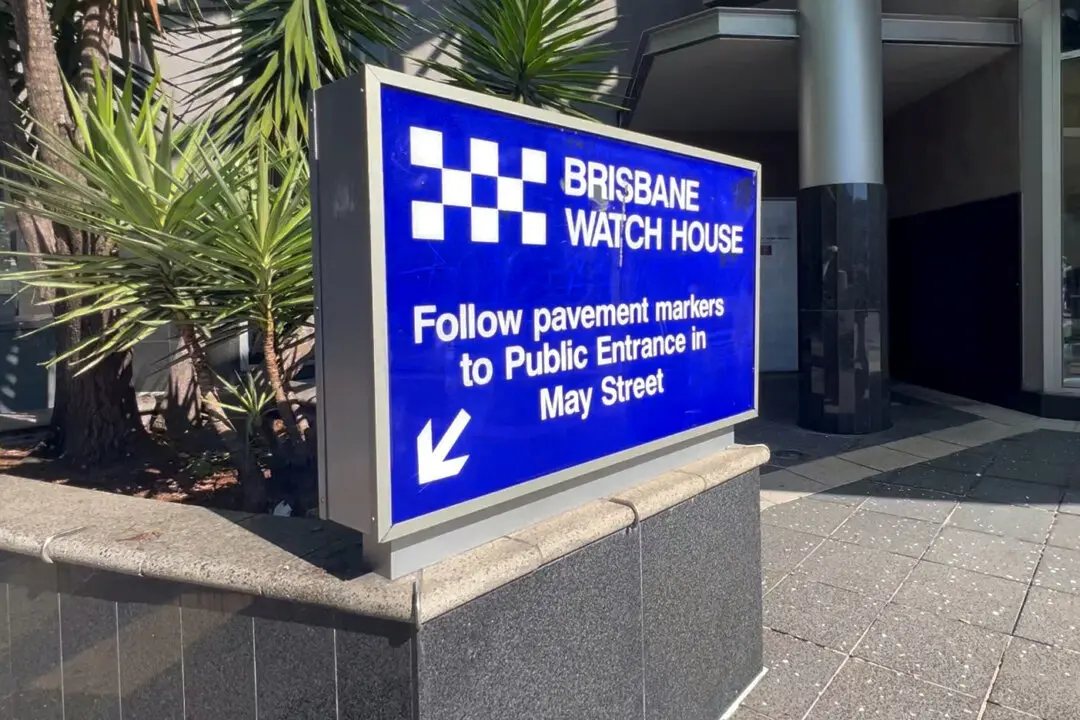While the Queensland government and its opposition entertain rivalry over who has the best handle on crime in the state, a skilled lawyer and criminologist say they have both got it wrong.
Crime in Queensland is a prominent topic in the state, arguably second only to the cost of living crisis.





